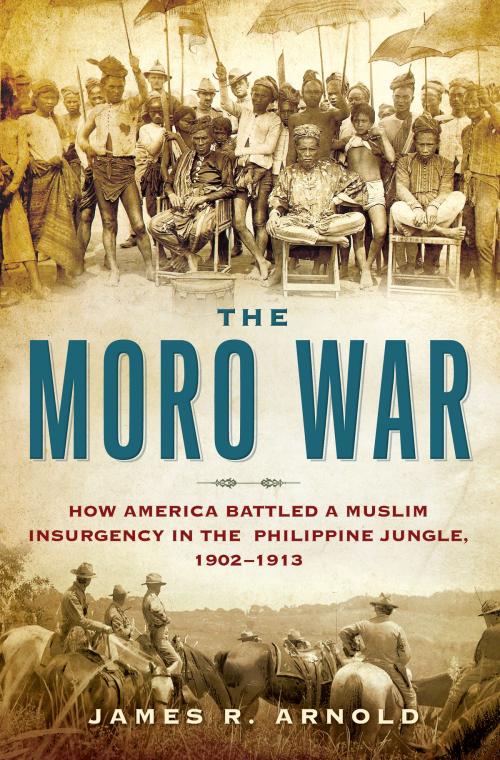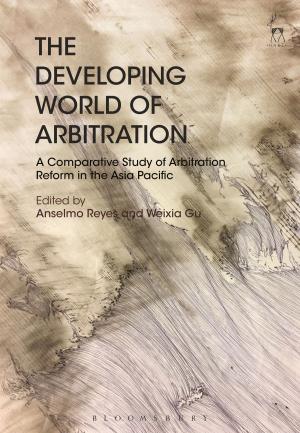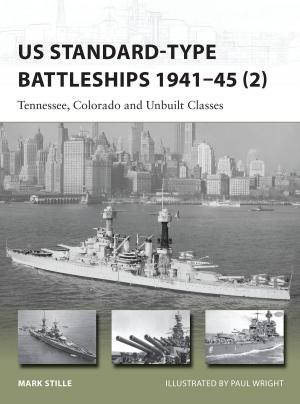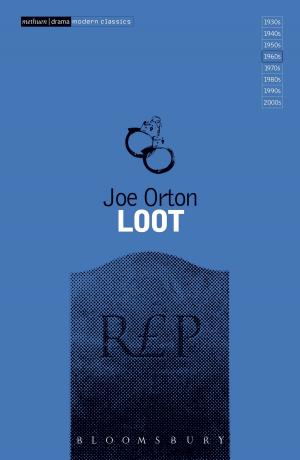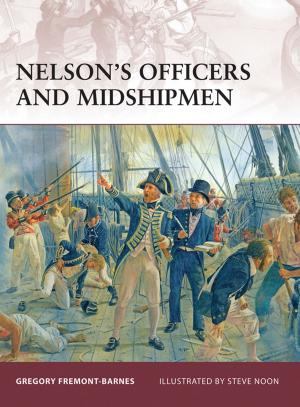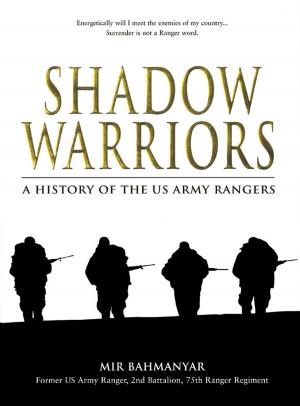The Moro War
How America Battled a Muslim Insurgency in the Philippine Jungle, 1902-1913
Nonfiction, History, Americas, United States, 20th Century, Military, Social & Cultural Studies, Political Science| Author: | James R. Arnold | ISBN: | 9781608193653 |
| Publisher: | Bloomsbury Publishing | Publication: | July 26, 2011 |
| Imprint: | Bloomsbury Press | Language: | English |
| Author: | James R. Arnold |
| ISBN: | 9781608193653 |
| Publisher: | Bloomsbury Publishing |
| Publication: | July 26, 2011 |
| Imprint: | Bloomsbury Press |
| Language: | English |
As the global war on terror enters its second decade, the United States military is engaged with militant Islamic insurgents on multiple fronts. But the post-9/11 war against terrorists is not the first time the United States has battled such ferocious foes. The forgotten Moro War, lasting from 1902 to 1913 in the islands of the southern Philippines, was the first confrontation between American soldiers and their allies and a determined Muslim insurgency.
The Moro War prefigured American wars in Iraq and Afghanistan more than superficially: It was a bitter, drawn-out conflict in which American policy and aims were fiercely contested between advocates of punitive military measures and proponents of conciliation.
As in today's Middle East, American soldiers battled guerrillas in a foreign environment where the enemy knew the terrain and enjoyed local support. The deadliest challenge was distinguishing civilians from suicidal attackers. Moroland became a crucible of leadership for the U.S. Army, bringing the force that had fought the Civil War and the Plains Indian Wars into the twentieth century. The officer corps of the Moro campaign matured into the American generals of World War I. Chief among them was the future general John Pershing-who learned lessons in the island jungles that would guide his leadership in France.
Rich with relevance to today's news from the Middle East, and a gripping piece of storytelling, The Moro War is a must-read to understand a formative conflict too long overlooked and to anticipate the future of U.S. involvement overseas.
As the global war on terror enters its second decade, the United States military is engaged with militant Islamic insurgents on multiple fronts. But the post-9/11 war against terrorists is not the first time the United States has battled such ferocious foes. The forgotten Moro War, lasting from 1902 to 1913 in the islands of the southern Philippines, was the first confrontation between American soldiers and their allies and a determined Muslim insurgency.
The Moro War prefigured American wars in Iraq and Afghanistan more than superficially: It was a bitter, drawn-out conflict in which American policy and aims were fiercely contested between advocates of punitive military measures and proponents of conciliation.
As in today's Middle East, American soldiers battled guerrillas in a foreign environment where the enemy knew the terrain and enjoyed local support. The deadliest challenge was distinguishing civilians from suicidal attackers. Moroland became a crucible of leadership for the U.S. Army, bringing the force that had fought the Civil War and the Plains Indian Wars into the twentieth century. The officer corps of the Moro campaign matured into the American generals of World War I. Chief among them was the future general John Pershing-who learned lessons in the island jungles that would guide his leadership in France.
Rich with relevance to today's news from the Middle East, and a gripping piece of storytelling, The Moro War is a must-read to understand a formative conflict too long overlooked and to anticipate the future of U.S. involvement overseas.
